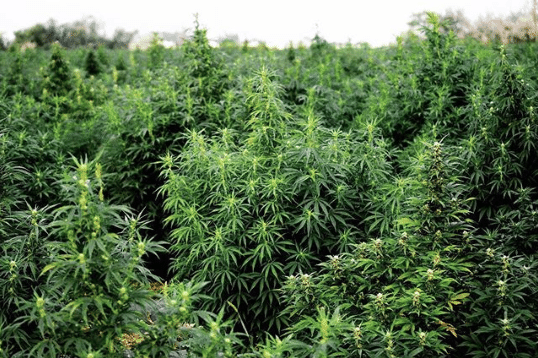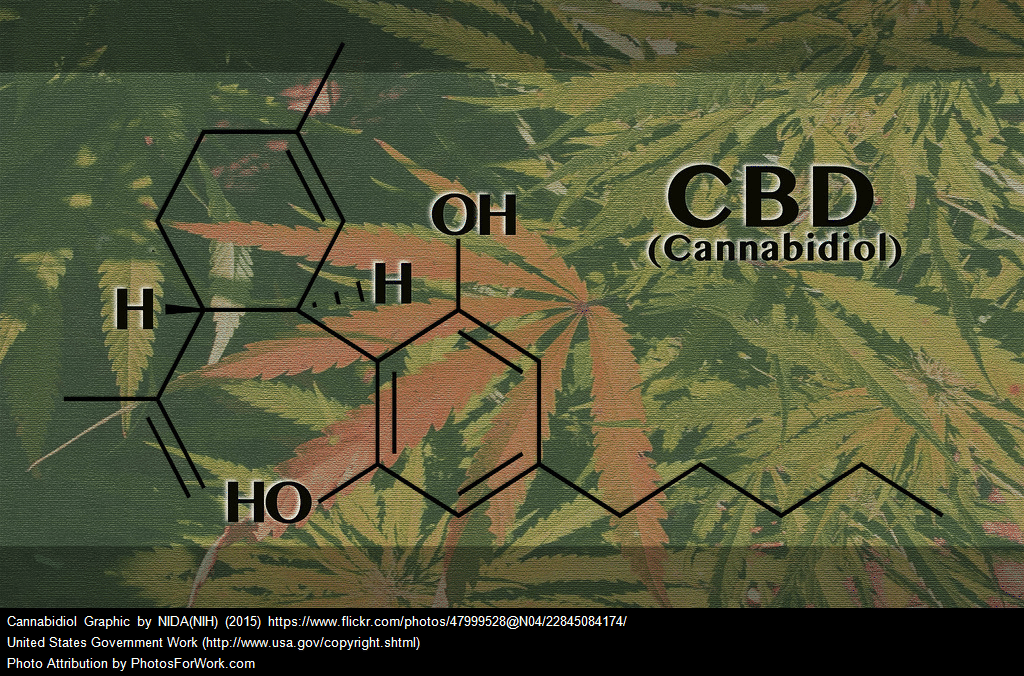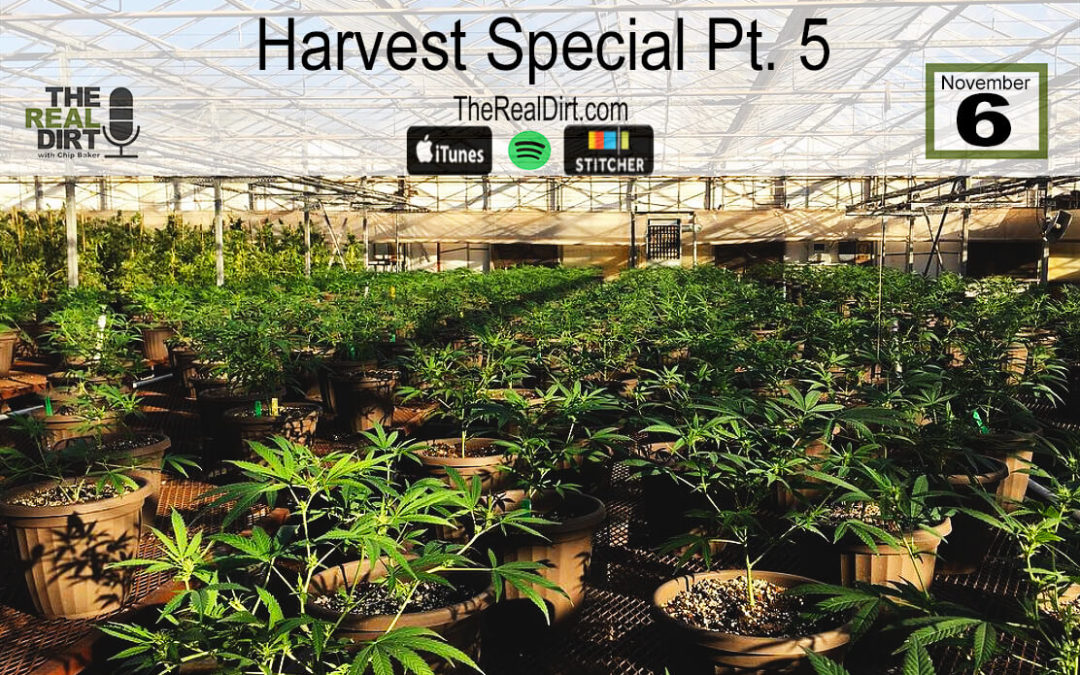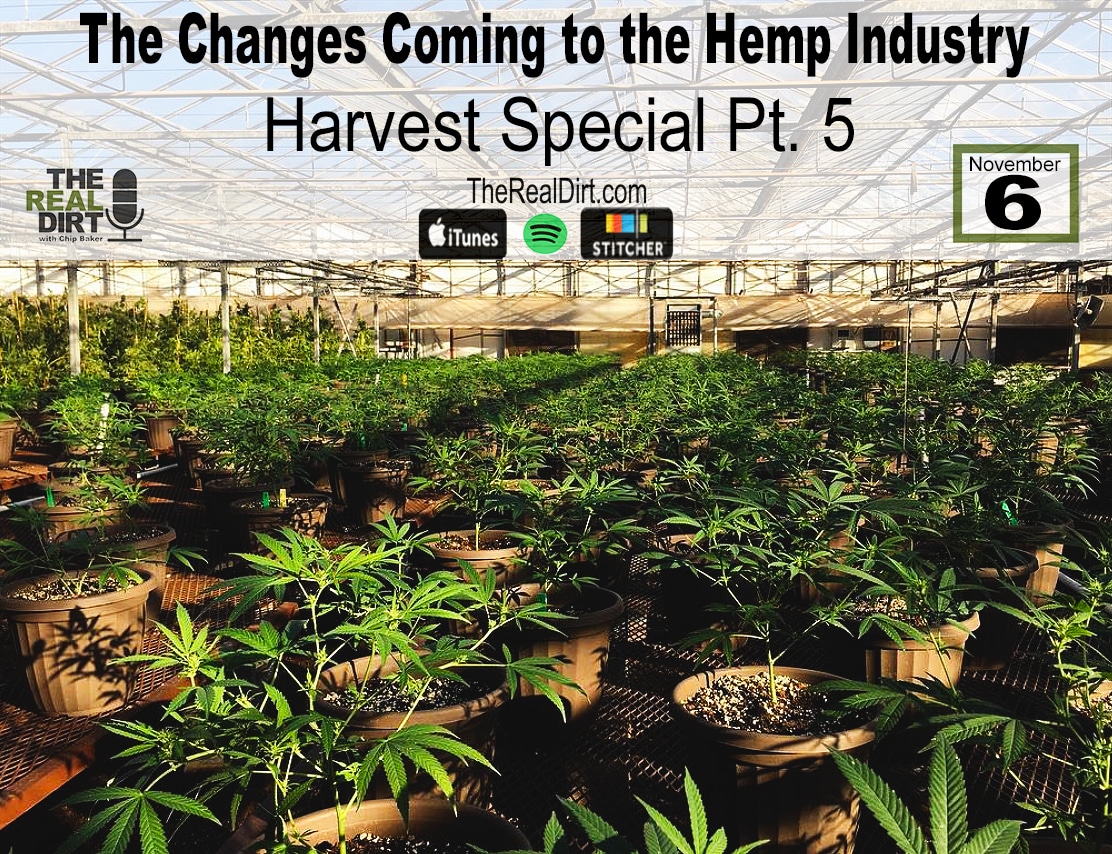
Hemp vs Canabis CBD

If you’re familiar with CBD and its medicinal benefits, you may be wondering how to get it, or even more so, where it comes from in the first place.
If you have no idea what we mean when we say CBD, check out our starter guide to CBD explaining the basics.
CBD is most commonly found in industrial hemp and cannabis plants. But is there really a difference between the two? It isn’t so much that CBD from hemp is better or worse than CBD from cannabis, but how hemp is grown compared to cannabis makes a big difference.
Hemp vs Cannabis
Traditionally, Hemp is grown on an industrial scale, hence the name industrial hemp. Plants grow closer together, forcing them to grow up instead of out.
In contrast, cannabis is grown more spaced out which allows the leaves and flowers to fan out and gain potency. While hemp is mainly used for its stalks in uses from making paper to clothing, cannabis is bred much differently.
The biggest difference between hemp and cannabis is the THC content. Hemp is grown to have minimal THC. To legally be considered hemp, that amount must be no more than .3%.
Cannabis on the other hand is usually grown to have as much THC as possible in order to provide its maximum psychotropic effects, AKA the “high”.

Hemp Legality
So, a hemp plant with a THC content of .5% would be considered psychotropic cannabis and therefore federally illegal. This is despite the fact that such a low THC content would have little to no effect on the average person.
In fact, industrial hemp was made legal in 2009 by the Industrial Hemp Farming Act. But if you couldn’t guess by the name of the bill, this only applies to industrially grown hemp.
This “legal” hemp was only permitted for use by research facilities or higher education research. So unless the hemp was being grown on an industrial scale for the sole purpose of higher education research, hemp was still illegal.
However in December of 2018 the Agricultural Act of 2018, commonly known as the Farm Bill, was passed by the House, Senate and President Donald Trump. This new farm bill changes the definitions of industrial hemp.
This means that hemp will no longer just be grown for research purposes, but an actual commercial marketplace can be established.
Hemp CBD vs Cannabis CBD
Now that hemp has been legalized, the already blurred lines separating hemp CBD and cannabis CBD from a legality standpoint have become even more blurry. However this is actually good for the consumer.
Hemp traditionally carries more CBD, whereas cannabis carries more THC. Through crossbreeding of low-THC cannabis strains with high-CBD hemp strains, new strains are being created that look, smell and taste like regular cannabis, but have .3% or less.
Soon, hemp flower will look identical to cannabis flower, and more people will start to consume high CBD flower as much as THC flower. Industrial hemp for now will still be grown mostly on large scale for mass production of CBD medications derived from the whole plant.
The reality is hemp and cannabis are the same plant, they have just been bred in different ways. Now that hemp is legal, the two will start to merge again, and we might even see some new breeds start to appear. It’s an exciting time to look into hemp.








